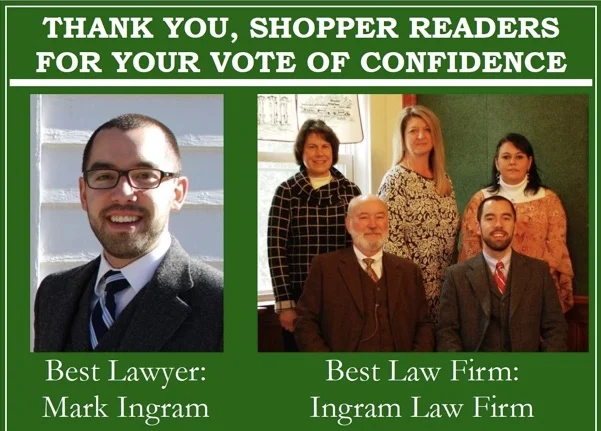Beware of loan modification companies who provide “legal advice” or advise you either to file bankruptcy or not to file bankruptcy. Bankruptcy has helped many people save their home, and a bankruptcy attorney should be consulted before making a decision about whether a bankruptcy filing would be appropriate for you.
However, before coming to speak with us, many of our clients have wasted thousands of dollars paid to con artists and scammers promising to help them “prevent foreclosure” or obtain a “loan modification.”
The United States Treasury Department has issued a consumer advisory listing the following warning signs of a mortgage modification scam:
1. “Pay us $1,000, and we’ll save your home.”
Some legitimate housing counselors may charge small fees, but fees that amount to thousands of dollars are likely a sign of potential fraud — especially if they are charged up-front, before the “counselor” has done any work for you. Be wary of companies that require you to provide a cashier’s check or wire transfer before they take any action on your behalf.
2. “I guarantee I will save your home – trust me.”
Beware of guarantees that a person or company can stop foreclosure and allow you to remain in your house. Unrealistic promises are a sign that the person making them will not consider your particular circumstances and is unlikely to provide services that will actually help you.
3. “Sign over your home, and we’ll let you stay in it.”
Be very suspicious if someone offers to pay your mortgage and rent your home back to you in exchange for transferring title to your home. Signing over the deed to another person gives that person the power to evict you, raise your rent, or sell the house. Although you will no longer own your home, you still will be legally responsible for paying the mortgage on it.
4. “Stop paying your mortgage.”
Do not trust anyone who tells you to stop making payments to your lender and servicer, even if that person says it will be done for you.
5. “If your lender calls, don’t talk to them.”
Your lender should be your first point of contact for negotiating a repayment plan, modification, or short sale. It is vital to your interests to stay in close communication with your lender and servicer, so they understand your circumstances.
6. “Your lender never had the legal authority to make a loan.”
Do not listen to anyone who claims that “secret laws” or “secret information” will be used to eliminate your debt and have your mortgage contract declared invalid. These scammers use sham legal arguments to claim that you are not obligated to pay your mortgage. These arguments don’t work.
7. “Just sign this now; we’ll fill in the blanks later.”
Take the time to read and understand anything you sign. Never let anyone else fill out paperwork for you. Don’t let anyone pressure you into signing anything that you don’t agree with or understand.
8. “Call 1-800-Fed-Loan.”
This may be a scam. Some companies trick borrowers into believing that they are affiliated with or are approved by the government or tell you that you must pay them high fees to qualify for government loan modification programs. Keep in mind that you do not have to pay to participate in legitimate government programs. All you need to do is contact your lender to find out if you qualify.
9. “File for bankruptcy and keep your home.”
Filing bankruptcy only temporarily stops foreclosure. If your mortgage payments are not made, the bankruptcy court will eventually allow your lender to foreclose on your home. Be aware that some scammers will file bankruptcy in your name, without your knowledge, to temporarily stop foreclosure and make it seem as though they have negotiated a new payment agreement with your lender.
10. “Why haven’t you replied to our offer? Do you want to live on the streets?”
High-pressure tactics signal trouble. If someone continually contacts you and pressures you to work with them to stop foreclosure, do not work with that person. Legitimate housing counselors do not conduct business that way.


